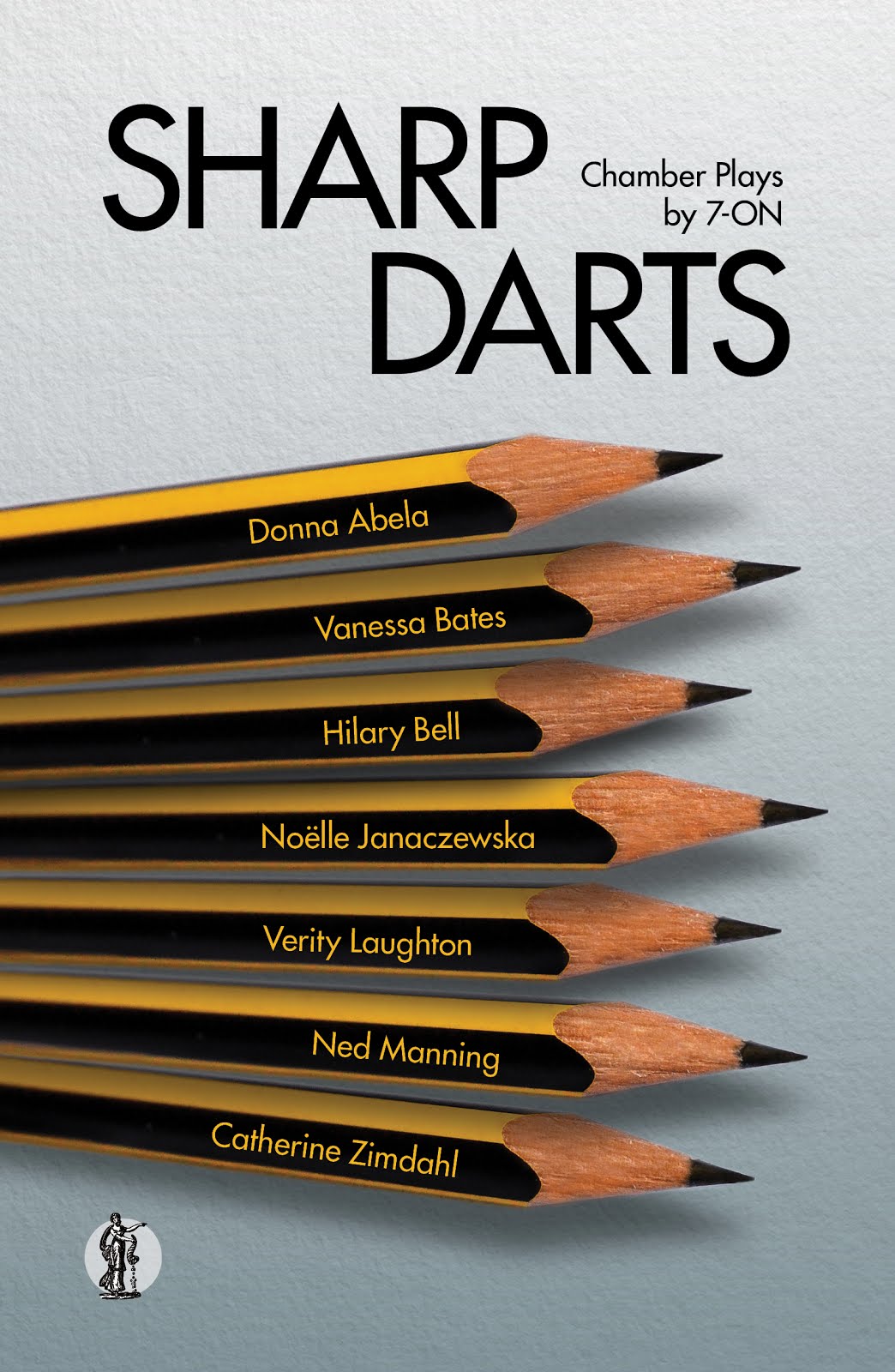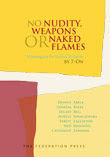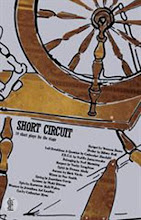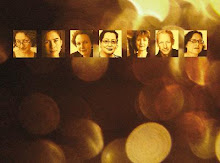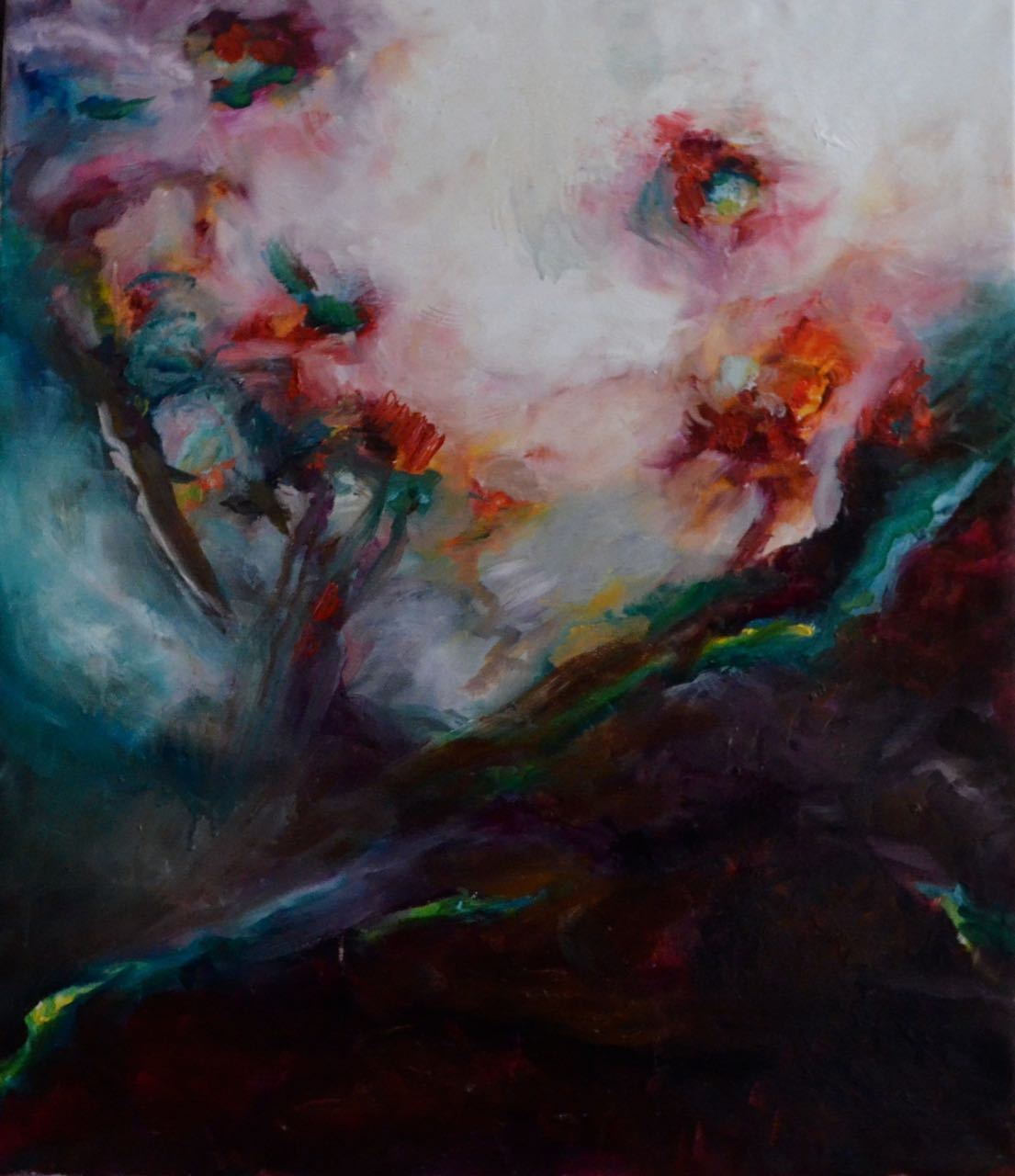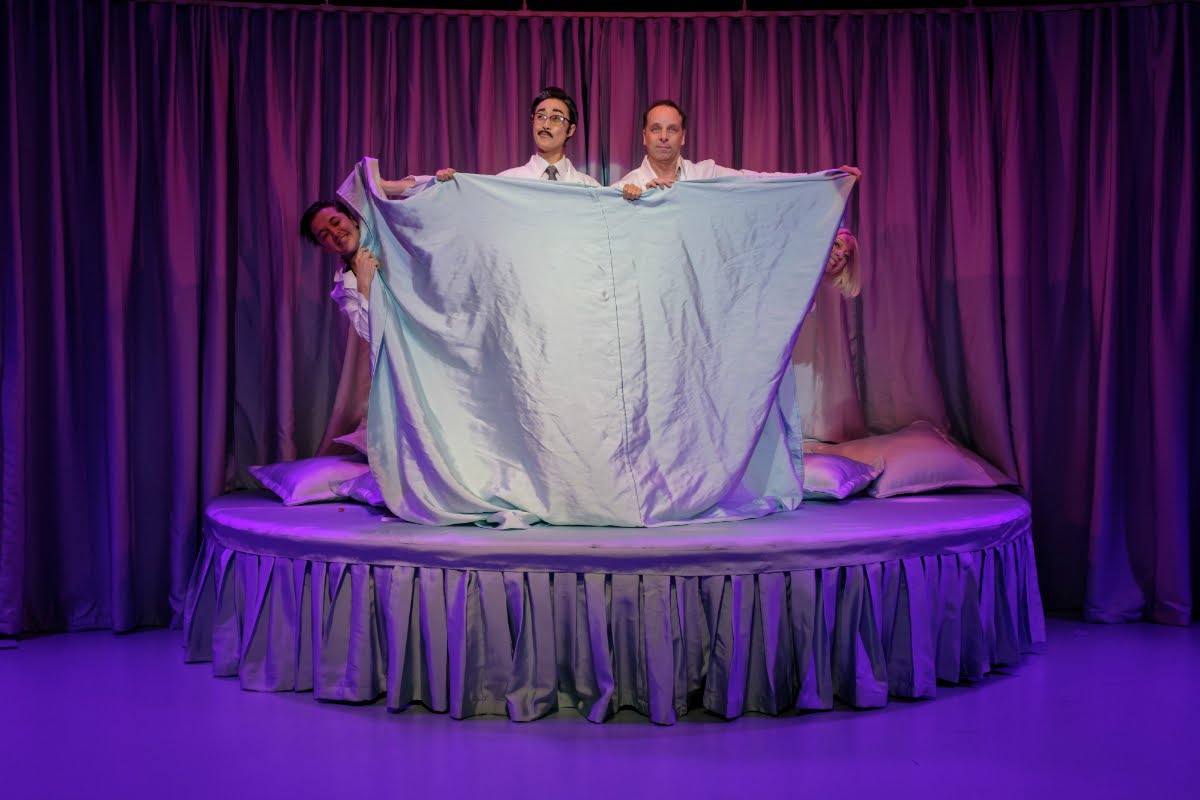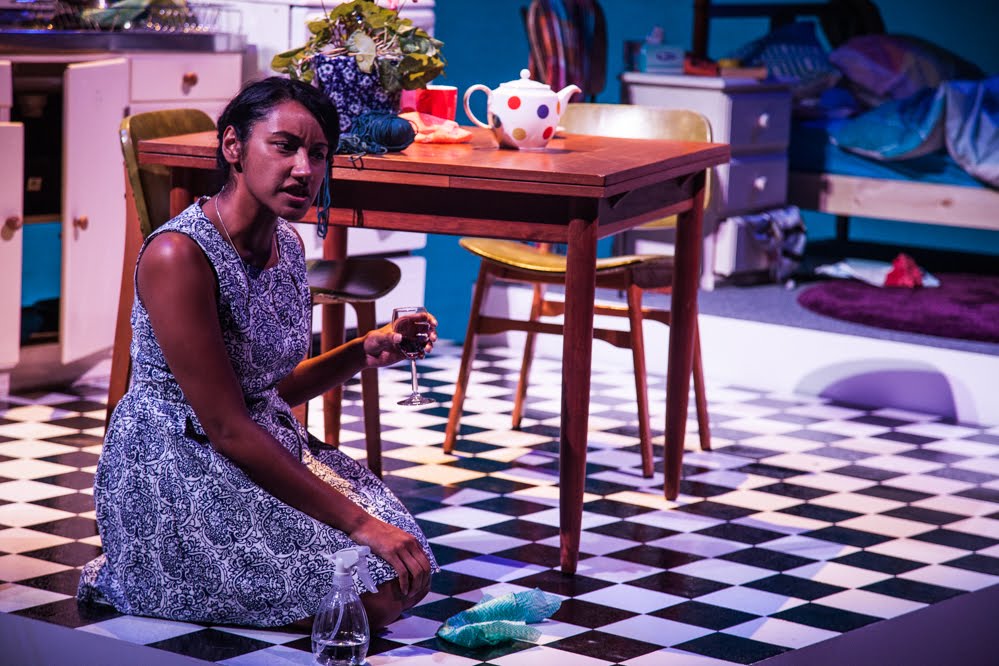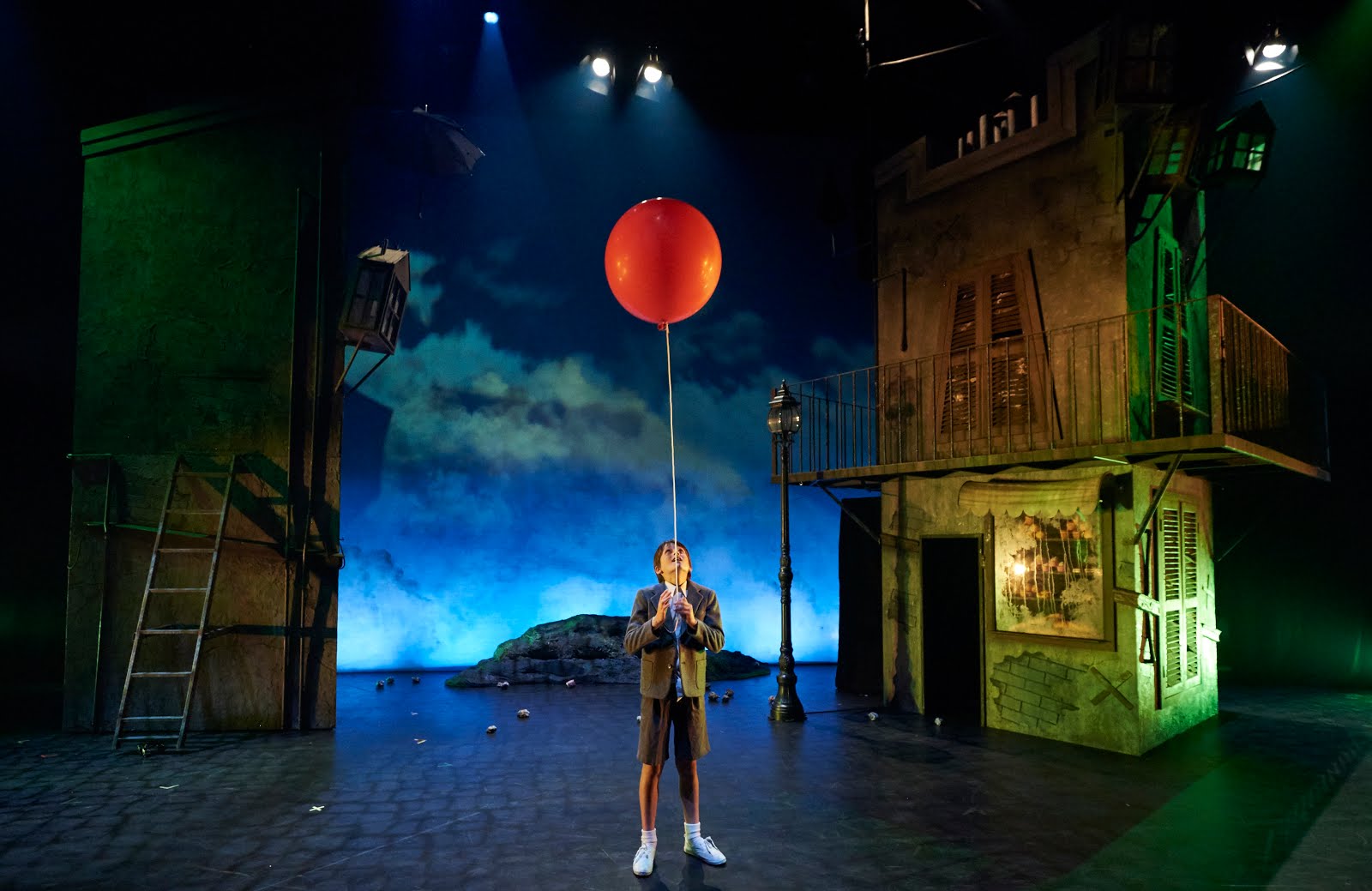Meanwhile, thanks to our friends over at The Big Smoke, we have permission to reprint this terrific article by John Bell: artistic director of Bell Shakespeare and passionate advocate of new work.
DISRESPECT
WRITERS AT YOUR PERIL
John Bell
Many years
ago I was in a commercial production of a new play and some of the actors were
being pretty free-and-easy with the text – throwing in gags, ad-libbing and
paraphrasing.
The director
gave them a roasting.
“Stop mucking
about with the script – it’s illegal and it’s immoral!”
That gave
everyone pause for thought.
Sure, we
understood there was a contractual obligation to get the author’s words right –
but immoral?
The more I
thought about it, the more sense it made. Having worked with so many
playwrights over thirty years, and now having one for a daughter, I have come
to appreciate how much agonising goes into constructing every piece of
dialogue: the re-writes; the scratching-out and starting again; polishing draft
after draft in workshop after workshop.
When the
thing is finally on paper it bears the author’s name and he/she will be judged
on what is uttered on the stage. Some playwrights, especially of the Y
generation, are happy to collaborate and involve the actors in the creation of
dialogue. Some rely heavily on a “verbatim” theatre technique, adapting and
reshaping words overheard in the street or recorded in interviews.
But to
playwrights of a generation or two ago that would be anathema. The play was
conceived and composed in an ivory tower and handed over to a theatre company
with the threat of legal action if a word or comma was changed without
permission.
I guess a
playwright is free to choose by which route a text is finally achieved, but I
sympathise with writers who demand that the script, once agreed upon, should be
stuck to.
A recent case
in Western Australia highlights the situation.
A fierce
split occurred between the Perth Theatre Company and the author of a play it
had commissioned. Ironically, the play was titled Alienation. The
author, Lachlan Philpott, claimed that thirty percent of his text
had been cut without consultation, stating that the script had “been very
significantly altered to the extent that it does not represent the script of
which he is the author”. He went on to state that this was “a sad indication of
the way that playwrights are viewed in some parts of the theatre sector”.
He was
supported in this by the Australian Writers’ Guild (AWG) Playwriting Committee,
which issued press
releases calling
for “respect for writers and new Australian work”.
The Q
Theatre, Penrith, co-producers of “Alienation”, cancelled their season in
support of Philpott.
A number of
playwrights have expressed concern about a conspiracy against playwrights, and
Rosemary Neil, writing in The Australian accused
a particular theatre company of a “deep-dyed ideological bias against
text-based plays”.
Supremacy in
the theatrical hierarchy is constantly shifting, and in my time I have lived
through eras variously dubbed “Writers’ Theatre”, “Directors’ Theatre” and
“Designers’ Theatre”. At times, the actors have revolted and established
Actors’ Companies where directors and designers were generally dispensed with,
and the spotlight focussed on the performers – two planks and a passion.
Despite the
domination of any one faction, theatre has always tolerated alternative forms
running alongside the mainstream; a lot of popular theatre has never been
text-based. We have virtually no textual records from nearly 400 years of
commedia dell’arte. Circus, vaudeville, music-hall and (needless-to-say) mime
have left us a few photographs, stage directions and snatches of song, and the
few scripts that remain are lifeless without the comedians who created them.
Right now we
are seeing a lot of theatre that is verbatim, or physical or musical, created
by teams of “theatre workers” or “theatre makers”. The old denominations of
director, writer, designer, performer have been blurred or dispensed with. This
is all fine and dandy, and can happily co-exist with “writers’” or “text-based”
theatre, as it has done in the past.
There is room
for all.
But to add
fuel to the fire, we have the controversy about re-writing the classics, a
phenomenon that has managed to get up the noses of disparate groups. The
academically inclined protest that it is an insult to the likes of Chekov and
Strindberg to rewrite their plays, but retain their titles. Not only are Chekov
and Strindberg quite good enough as they are, goes the argument, but it is
seriously misleading to sell tickets to a classic you are not going to see.
Quite a few
playwrights feel aggrieved too because, they say, these works are taking the
place of new Australian plays, and, with their generally sizable casts and high
production values, soaking up resources. Most Australian playwrights don’t dare
aspire to a cast of more than four or five if the show is to have any hope of
getting on. Playwright Stephen Sewell has entered the lists, proclaiming that
theatre companies should not pass off adaptations as new Australian works and
condemning those arts bureaucrats who let the companies get away with it.
The word
“immoral” springs to mind again.
Is it fair
trading to sell a new work under the guise of a classic title?
How many
years does it take for the text to become common property to be reworked,
pillaged or hacked about at will?
This goes
beyond the mere issue of copyright to the deeper issue of respect for a
writer’s work and reputation.
For the sake
of our own cultural tradition, should we be obliged to respect the integrity of
classic texts, or are they to be regarded as just so much raw material for
“theatre workers” to play with?
If so, the
gulf between theatre practice, and academic research and commentary can only
become wider.
The
Playwrights’ Group called 7-ON say they have no problem with classic
adaptations as long as they don’t replace new work. They also point out that
“adapting” a classic is a lot easier than creating a play from scratch and,
moreover, “No new plays – no new classics”.
It is
undeniable that text-based theatre is one of the cornerstones of Western civilisation,
from the Greeks through to the Elizabethans, to Wilde and Chekov to Miller,
Beckett and Brecht. For many of us, the greatest experiences in the theatre
have been when a great text is brought to life by a team of director, designer
and actors, everyone collaborating to serve the whole rather than any one part.
If theatre in
Australia is going to flourish we have no option other than to treat
playwrights not just with respect, but with enthusiasm and encouragement.
Theatre
companies must nurture writers by granting them internships, opportunities to
live within a theatre community and feel themselves to be a part of a creative
process. If writers are employed as dramaturgs for a period of time they can
make valuable contributions to the work in hand, as well as have the chance to
develop their own craft in a stimulating, inclusive environment.
Although a
“classical” company, Bell Shakespeare employs dramaturgs and commissions new
work through its development wing, ‘Mind’s Eye’, where five writers are
currently working on commission. The Sydney Theatre Company hosts the Patrick
White Fellowship, and both Griffin and La Boite offer writers year-long
residencies.
A lot more
needs to be done and many more opportunities created to give new work an
airing.
Every
theatrical generation is defined and assessed by the body of work it leaves
behind – and that means texts.
The rest is ephemera.
Remember: If
there are no new plays, there will be no future classics.
January 31, 2014
Originally published on The Big Smoke [http://thebigsmoke.com.au/2014/01/31/disrespect-writers-artistic-peril/]
